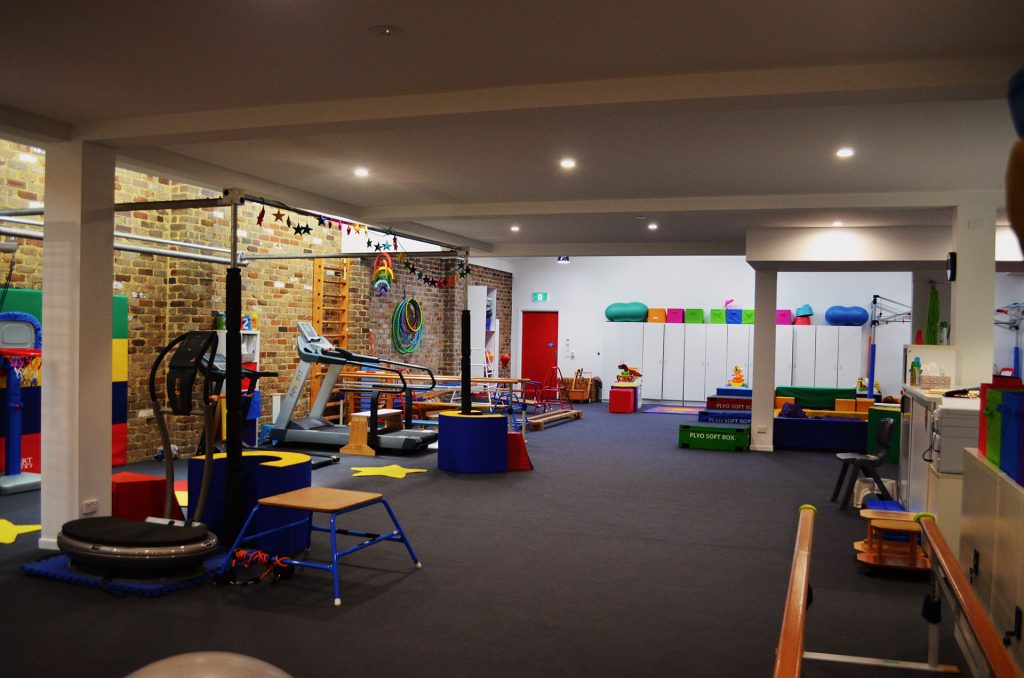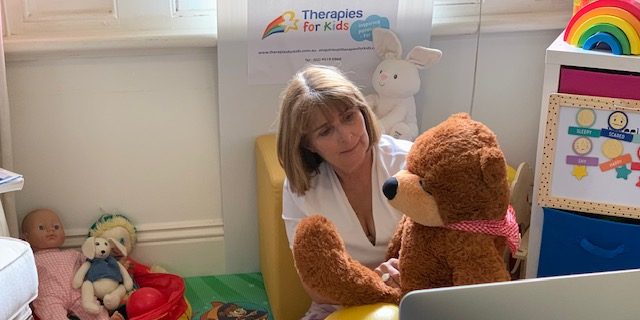Unoccupied play – 0-3 months
- Babies move their arms and legs with no purpose. They are learning to move and it is the beginning of play.
- Babies are observing their world.

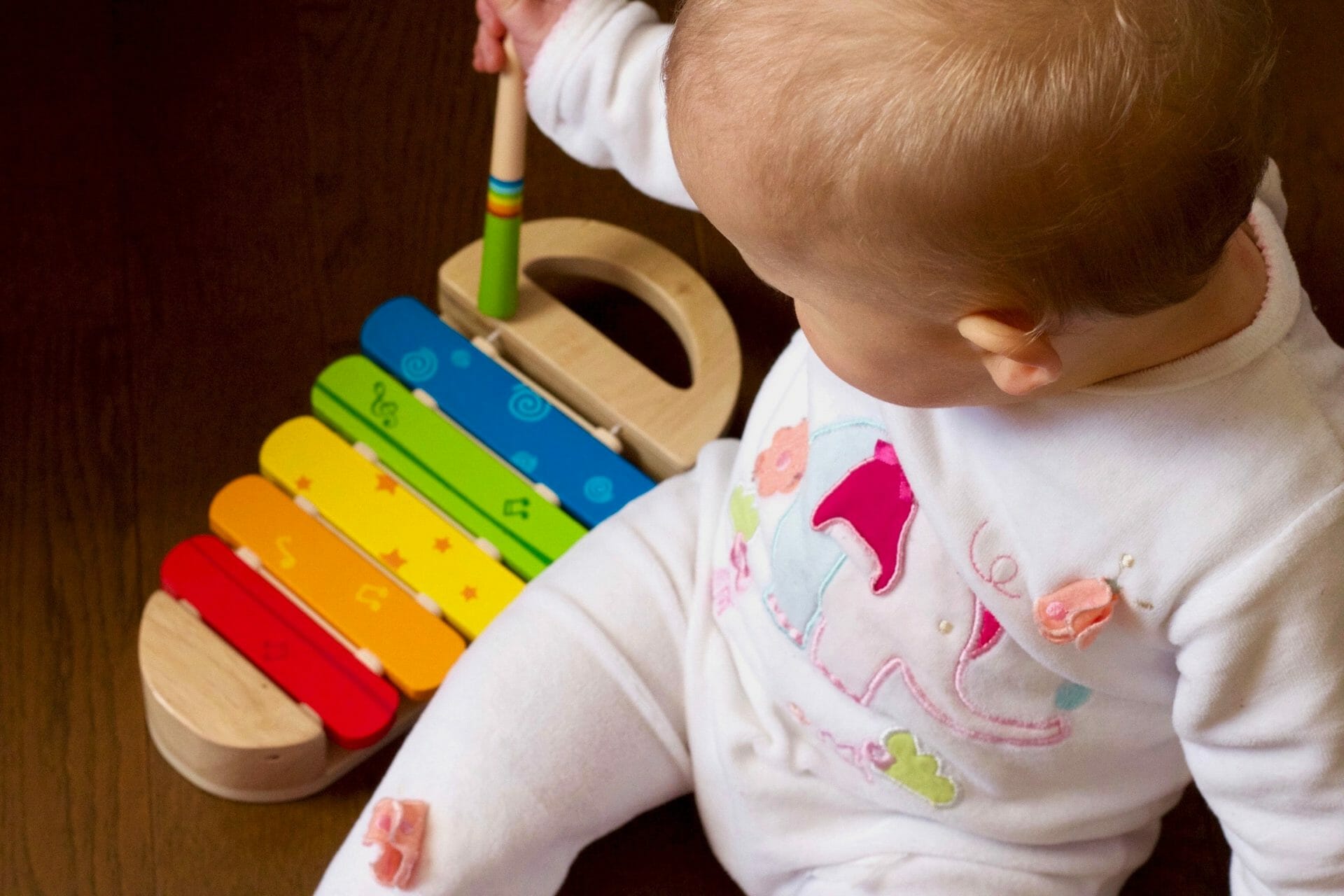
Solitary play – 0-2 years
- Children often play alone and appear to be uninterested in what others are doing.
- This is important because it teaches children how to entertain themselves.
Onlooker play – 2 years
- Children observe others play but do not join the play. They will often use language to find out more about the play.
- This is a common form of play at 2 years but can take place at any time.
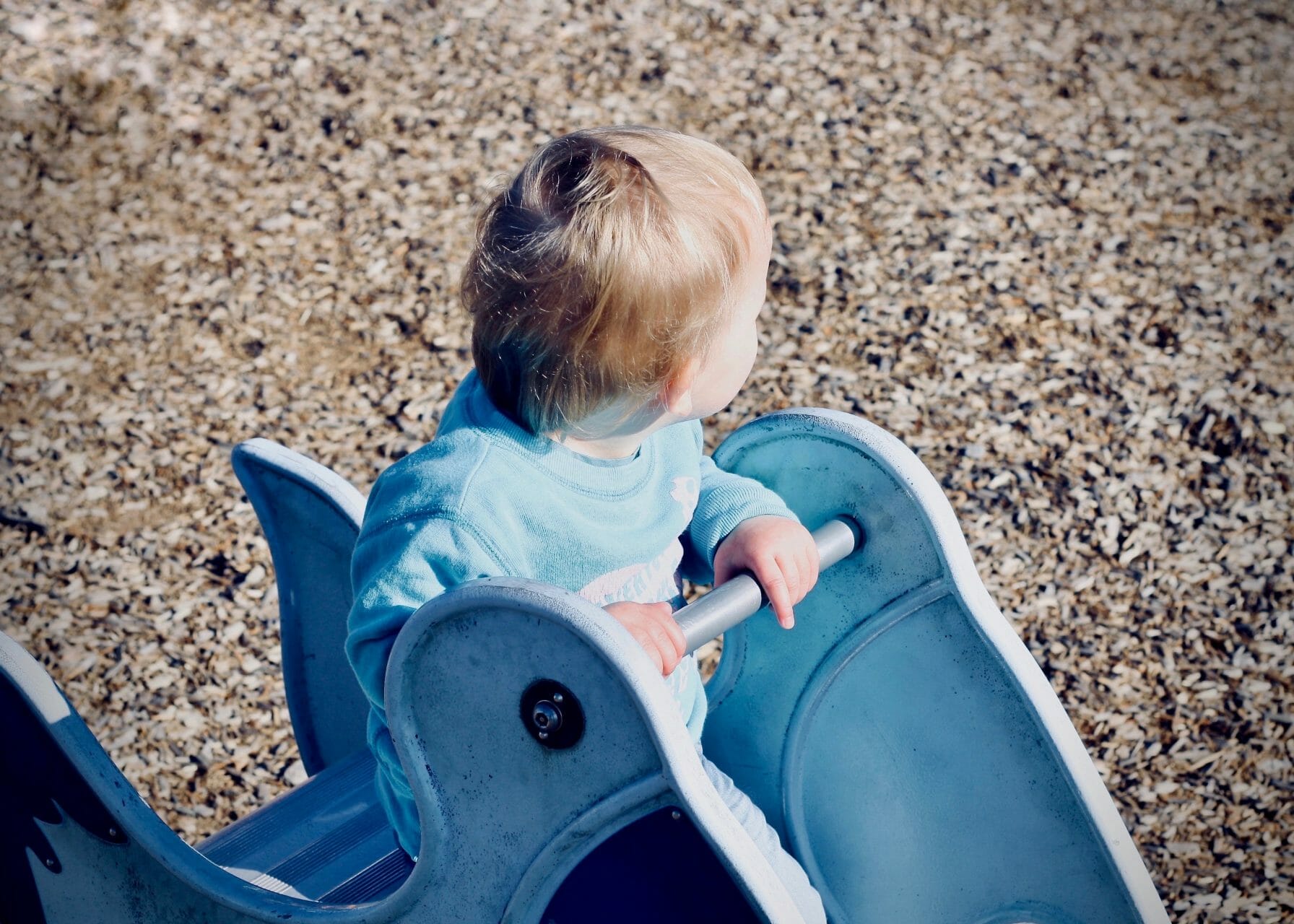
Parallel play – 2-3 years
- Children play next to each other but with very little involvement with each other. They may have similar toys and copy each other.
- Social skills are being learnt by observation.
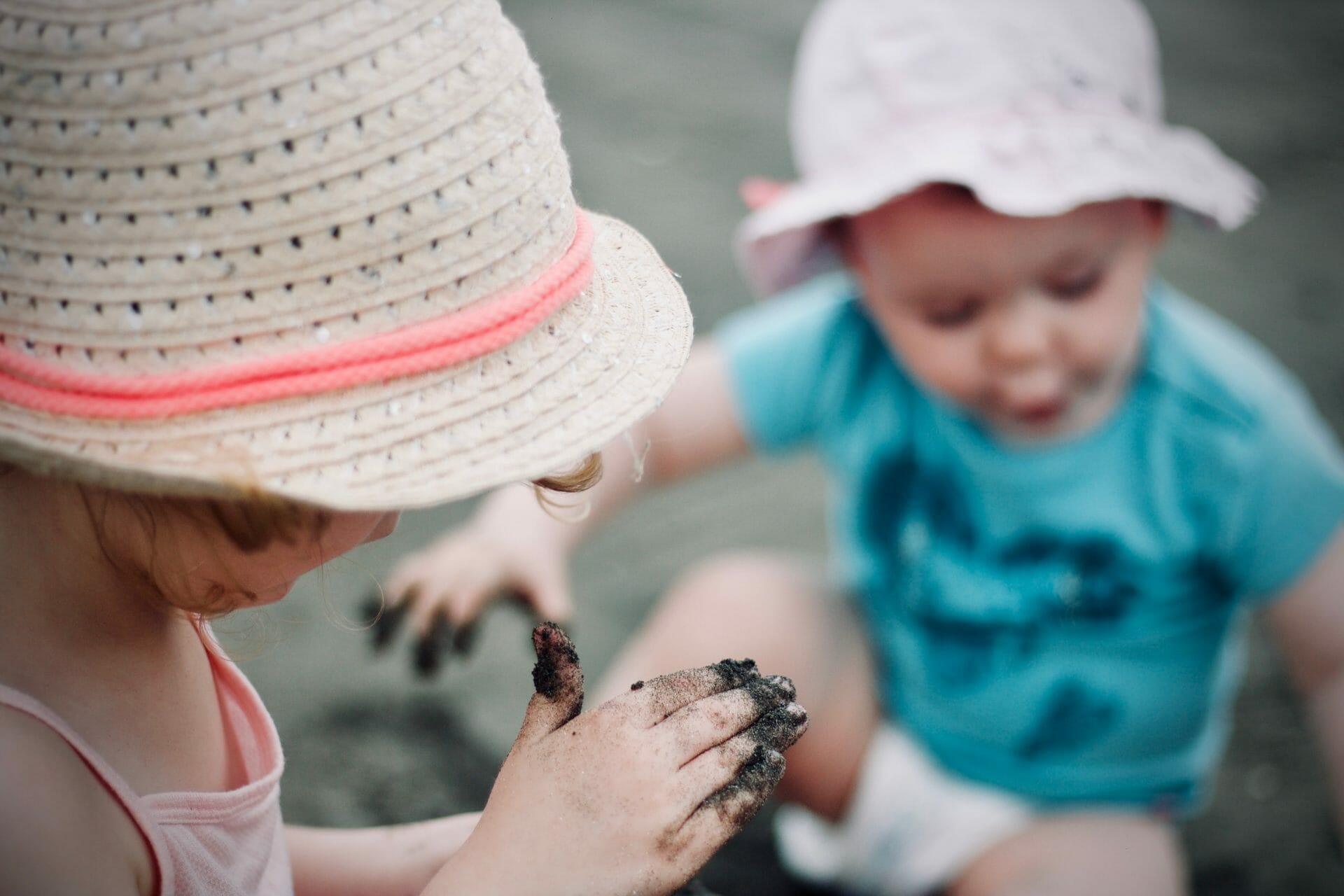
Associate play – 2-3 years
- Children are more interested in playing with others than with toys.
- They may talk and engage with one another.
- They may trade toys.
- There are no rules.
- This kind of play develops problem solving/cooperation.

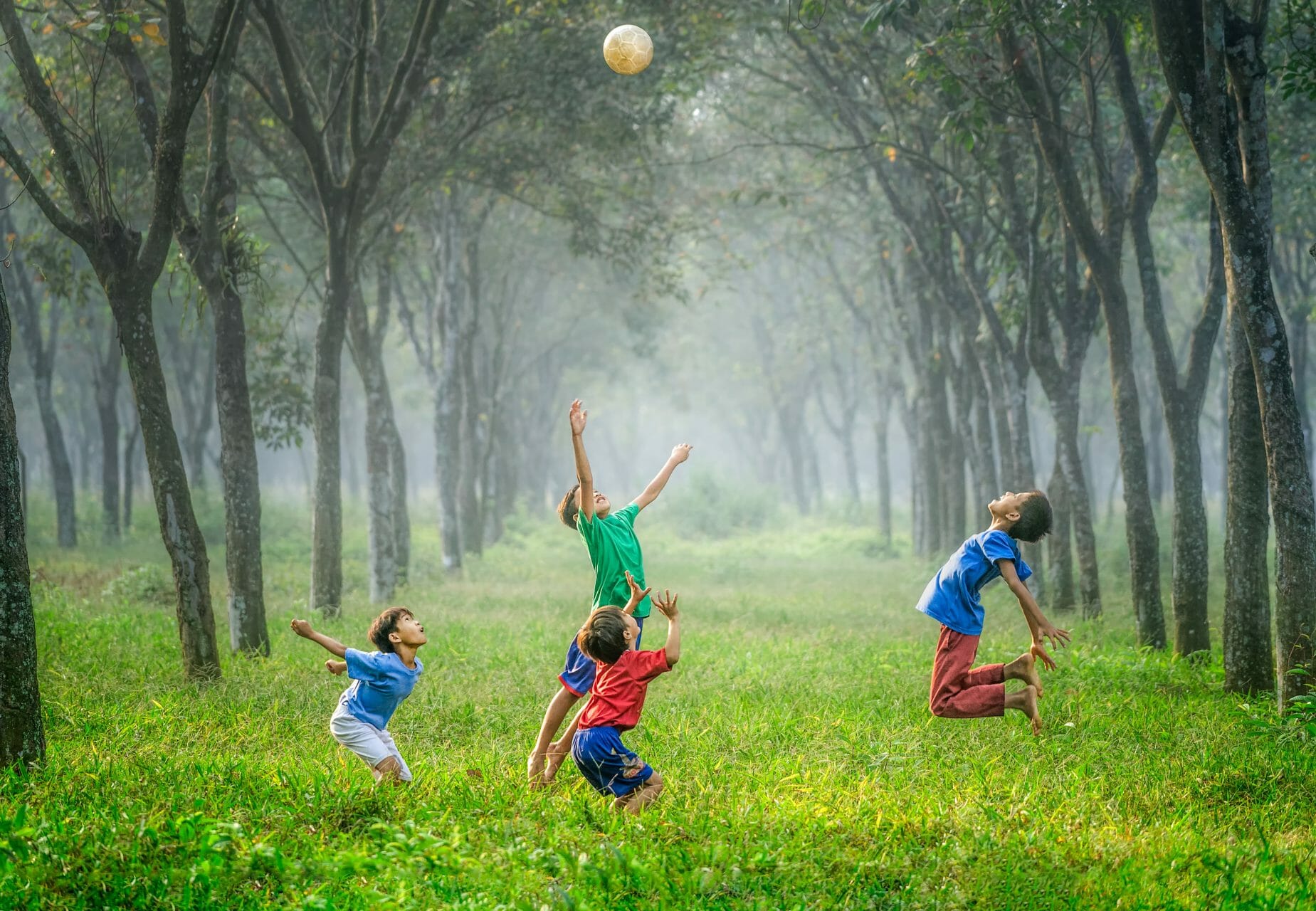
Cooperative/social play – 4-6 years
- Children are interested in both the people and the activity.
- Groups are more formalised with a leader.
- Children may be assigned different roles.
- The play is organised around specific tasks and to accomplish goals developed by the group.
- This kind of play brings together skills from all other stages.
- Necessary for social and group interaction.
- After 6, most play is divided in male/female groups.
If your child is having difficulty learning to play with others you can:
- Have playdates with one other child initially.
- May need an adult to be involved in play.
- Find moments to teach/model play during parties/structured activities.
- Play family activities like board games/gross motor games.
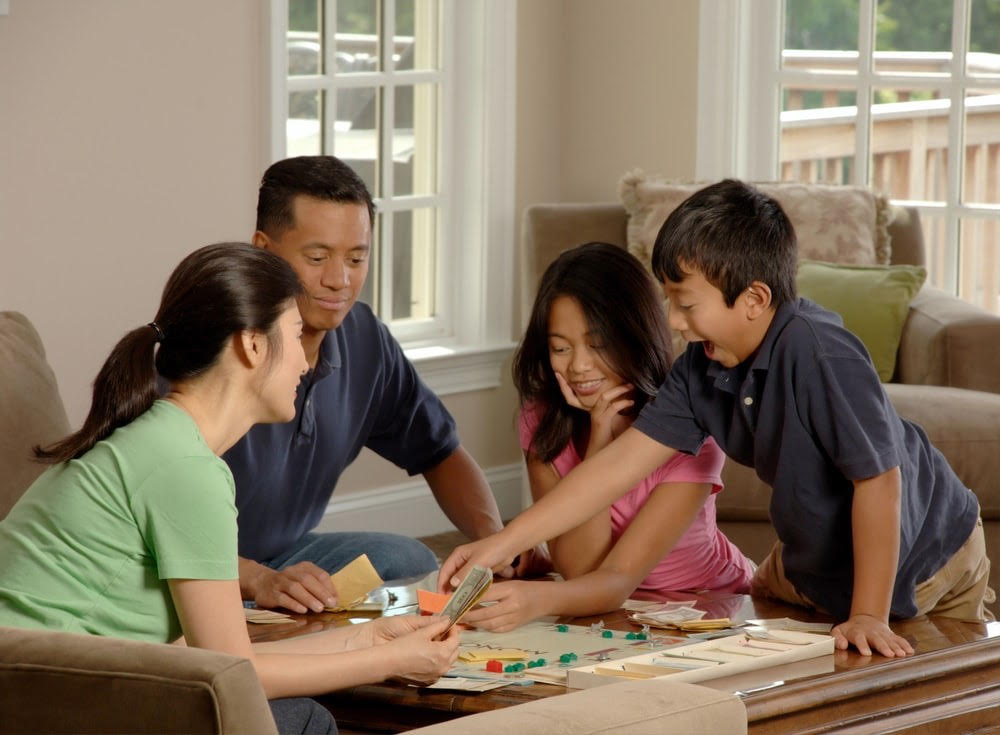
Some games to play at home:
- Imaginary play with household items.
- Play in sandpit.
- Play with outside toys.
- UNO
- Lego and building toys.
- Trouble – board game.
- Cook together with your children and others.
- Dress up play.
- Play with recycled household items.



